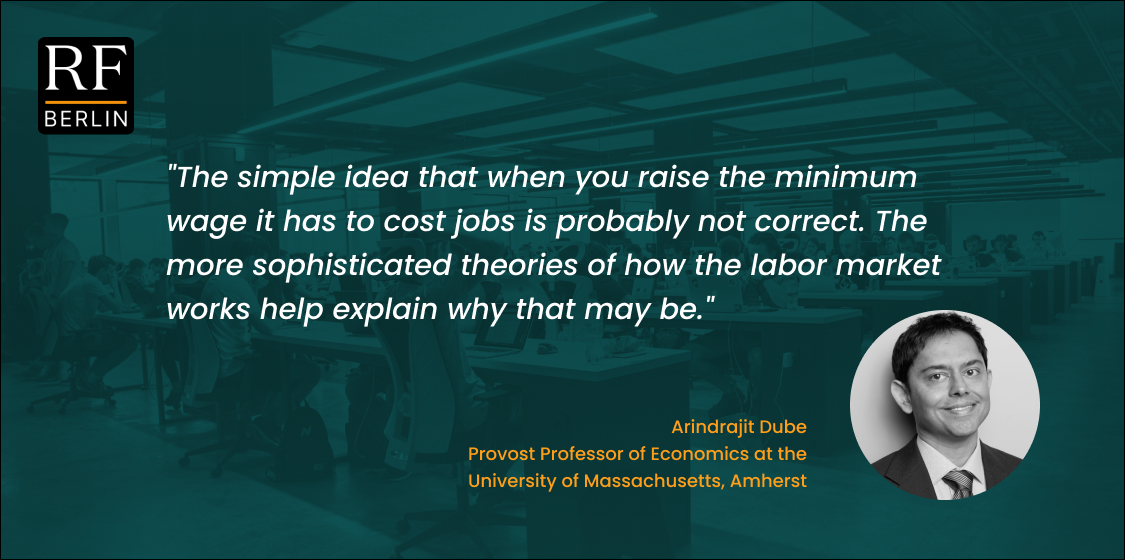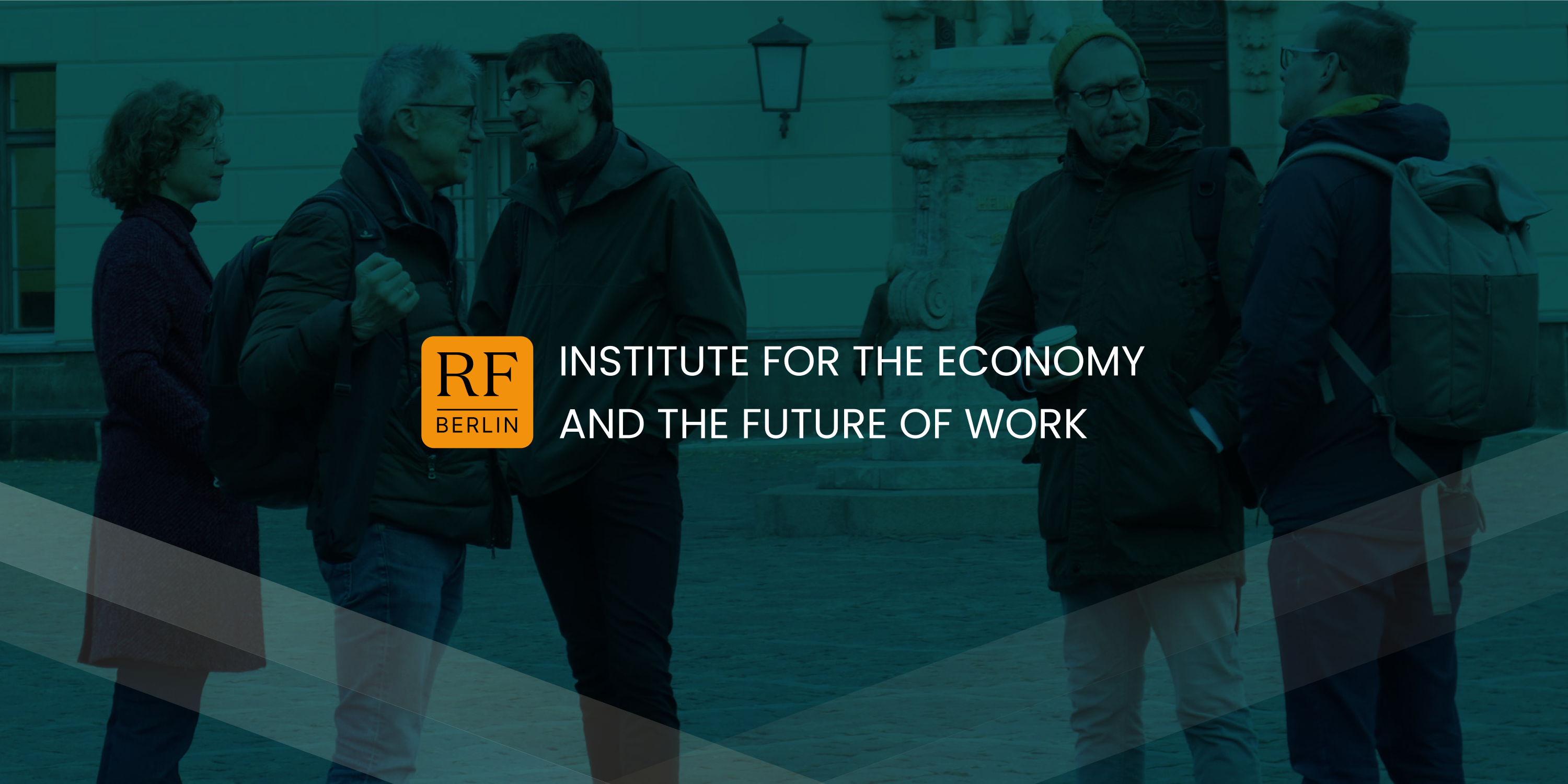What are the effects of raising minimum wages?
While some advocate the minimum wage as an effective tool to combat poverty, others have argued that it could destroy jobs and increase prices. Who’s right? In this episode of our podcast series dedicated to the new editions of the Handbook of Labor Economics, Arindrajit Dube tackles the contentious issue of raising the minimum wage.
Arindrajit Dube is the Provost Professor of Economics at the University of Massachusetts Amherst, a Research Associate at the National Bureau of Economic Research (NBER), and a Research Fellow at the Institue of Labor Economics (IZA). After receiving his Ph.D. in Economics from the University of Chicago, he has held positions of Visiting Professor at MIT and Boston University’s Questrom School of Business.
Professor Dube is considered a world-leading expert on the economic effects of minimum wage policies. His current areas of research include wage inequality, the importance of labor market competition, the effects of minimum wages on employment and inequality, the role of fairness concerns at the workplace, the interplay of behavioral biases and labor market power and the role of firm wage policies in explaining the growth in inequality.
Prof. Dube addresses the topic of minimum wages my summarizing what economists have learned about the impacts of minimum wages in the labor market over the last 25 years. He explains how higher minimum wages do not necessarily lead to job losses, but they could instead help firms reduce turnover and retain workers, as well as increase family incomes and reduce reliance on social assistance.

